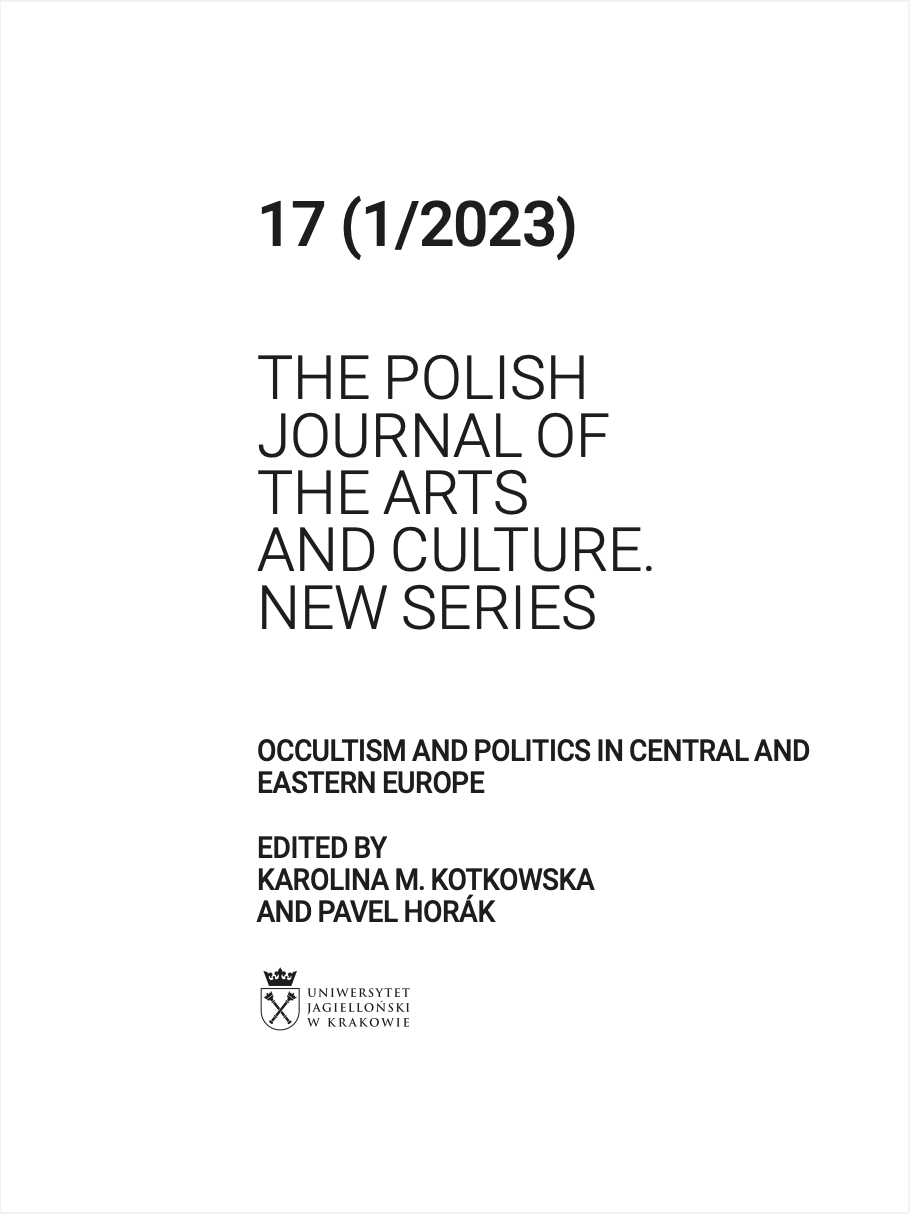A Symbiosis of Religious Affections and State Socialism: Bulgaria’s Foreign Cultural Policy of the Late 1970s
A Symbiosis of Religious Affections and State Socialism: Bulgaria’s Foreign Cultural Policy of the Late 1970s
Author(s): Viktoria Vitanova-KerberSubject(s): Political history, Politics and religion, Politics and society, Post-War period (1950 - 1989)
Published by: Wydawnictwo Uniwersytetu Jagiellońskiego
Keywords: late socialism; religion and politics; Eastern Europe; esotericism; Bulgaria;
Summary/Abstract: State Socialism aimed to create a utopian atheist society, where religion was supposed to become superfluous and therefore disappear. Despite the strong anti-religious campaign in 1950s’ and 1960s’ socialist Bulgar- ia, religion did not vanish but remained in the periphery of public and private life. That applied not only to traditional orthodox Christianity but also to different Theosophy-based groups and ideas, which became influential in the policy of the cultural minister of the 1970s Lyudmila Zhivkova. Her large scaled international cultural projects and the live- ly bilateral relations with India, Nepal and Sri Lanka not only aimed at increasing the country’s diplomatic prestige but also at popularising Zhivkova’s esoteric conception of national and personal development for which I introduce the term “esoteric nationalism”. Further discussing Bulgaria’s active participation at the general assembly of the United Na- tions in 1979, this paper will argue that non-hegemonic religious ideas were not always considered hostile by the Eastern European totalitar- ian authorities. Moreover, the Bulgarian case exemplifies the potential which an esoteric-socialist symbiosis had nationally and internationally.
Journal: The Polish Journal of the Arts and Culture. New Series
- Issue Year: 17/2023
- Issue No: 1
- Page Range: 85-100
- Page Count: 16
- Language: English

